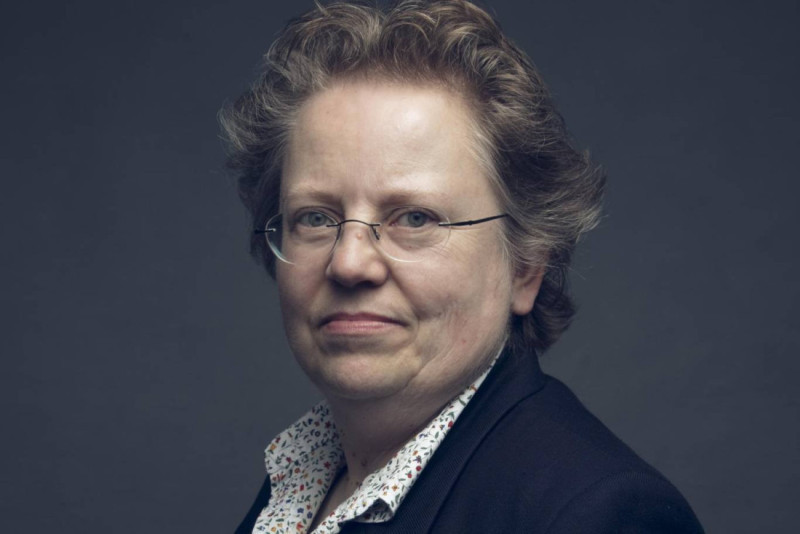What is your view on the Government's recent social care white paper which was released this month?
There are some useful measures in the White Paper, which over time should make a difference, but overall it was rather disappointing. "Is that it?" was the response many who are interested in social care made to it. The elements I like include the plan to collect more and better data about social care, and to expand the use of digital technology, e.g. broadband in all care homes, but these are quite modest. The Paper won't drive transformational change and that's what we really needed. There was only £1.7 billion behind the Paper and it shows - you can't build bricks with straw.
Many of the measures set out in the White Paper rely on the Health and Social Care Levy for funding; is this funding enough or will more be needed?
The Health and Care Select Committee has said that by 2022-2023 we need to be investing £7 billion extra a year into social care, so that local authorities can fulfil their statutory duties and we can start to make inroads into the 1.6 million people who are living with some unmet need for care. The Spending Review was the place for an announcement of this kind to be made but it was spurned by this Government. As things stand, the extra funding given to social care for the next three years will be mostly absorbed by cost pressures and the new cap, with little if anything to expand and improve services.
One area of care that seemed to receive less attention in the White Paper's announcement was the issue of unpaid carers. Does the White Paper do enough to provide support in this area?
There wasn't much in the White Paper to give hope to unpaid carers, though it was good to see some funding allocated for more day care and respite provision. However, it won't stretch very far and we know many unpaid carers are very tired after approaching two years of this pandemic. Possibly the best current news for unpaid carers is the greater acceptability of flexible working and moves from the Government to make it available from day one in a job - not in this White Paper at all but in a separate consultation from the Business department.
Do you agree with Edward Argar MP, Minister of State for Health, that "no one will lose" from the social care cap reforms, and that "the overwhelming majority will win"?
Not entirely! It's true that even in its diminished form, the Government's cap on catastrophic care costs and the means-test changes that have been announced do not make the system any meaner than it is now - but given the Prime Minister made a public promise to "fix social care, once and for all" you can see that this reform package falls awfully short. It isn't so clear that the "overwhelming majority will win" either: the large numbers of people with only modest wealth won't gain from the cap if the Government's amendment to the Care Act is passed, but some could get a small amount of support from the means-test. I don't think that really counts as 'winning'.
Looking ahead to 2022, what are the immediate priorities the Government needs to tackle in the social care sector to, as the Rt Hon Jeremy Hunt MP put it, pull the sector “back from the brink”?
The two biggest problems social care faces at the moment are not enough funding and insufficient numbers of staff. There have been chronic staff shortages for years, but the pandemic has made them worse and now care workers are being lured away by higher wages and better terms and conditions in the NHS, retail and hospitality. Care just can't compete, largely because there isn't enough money in the system to pay them a fair rate for the important and responsible work they do. The White Paper commits to putting some proper workforce structure in place, such as better training and proper career pathways, but it was silent on the topic of pay. However, getting more money into care workers' pockets is what's most important now.



